Speaking at a conference of the Organisation for Economic Co-operation and Development (OECD), the foreign minister said that Hungary highly appreciates the OECD’s activities in the Western Balkans, which aided the region’s stability, peace and development, and Hungary's government would therefore like to further strengthen cooperation during its upcoming EU Presidency in order to continue this work, the Hungarian state news agency MTI reported.
Speeding up the integration process in the region is an important goal, he said and took the view that the EU has performed very poorly in this field in recent years, with Croatia being the last country to join the community, and the Western Balkan states have been waiting on average for more than fifteen years to join the bloc.
This is shameful and unacceptable, and unless the integration process is sped up, the credibility of the entire enlargement policy will be at risk,
he warned.
Peter Szijjarto called for accession standards to be based on merit, stressing that this should apply to everyone. Double standards are unacceptable, he added.
Arguing that the bloc’s competitiveness is in decline, he said the Western Balkans could add fresh impetus and dynamism to the bloc, as the countries in the region are enthusiastic and want to develop.
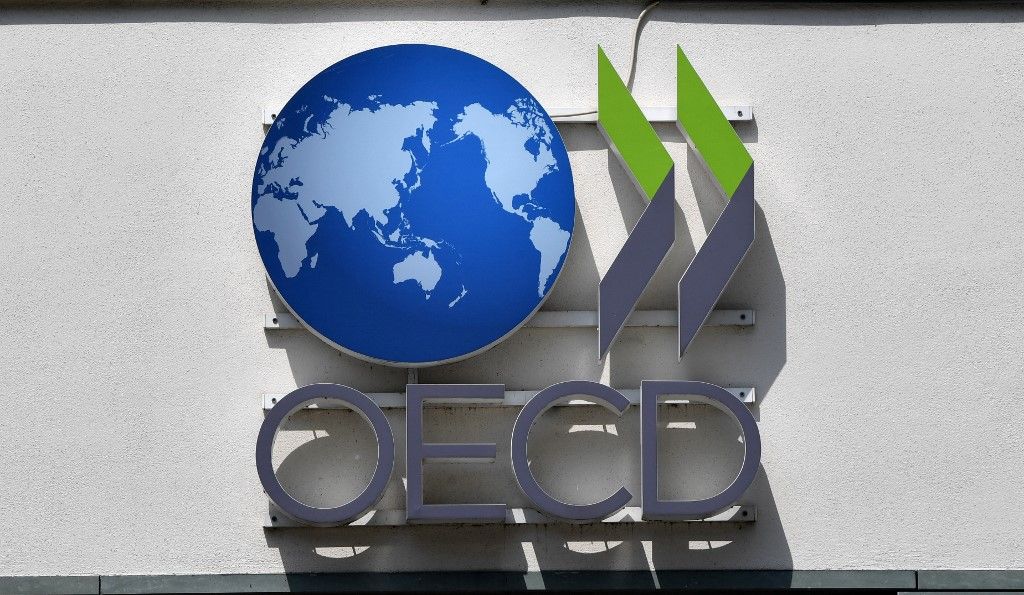
The EU now needs the Western Balkans more than the other way around, and the latter will not wait indefinitely, he opined.
"If the European Union cannot integrate them, others will welcome them, and then there will be nothing left to do but cry," he said.
Finally, Hungary's foreign minister pointed out that humanity is currently living in an era of perils, and conflicts also have a significant impact on the global economy, which has been turned upside down several times in recent years.
A big problem is that communication channels have broken down, diplomacy has been replaced by violence, and instead of free trade and global economic cooperation, there is decoupling and de-risking, he said.
The formation of blocks in the world is once again a real risk, which is rather bad news for Hungary, one of the ten most open economies in the world. Since the country has always lost out on the conflict between East and West, it continues to hold an interest in connectivity, he explained. Currently, however, the chance of this is low, he said, because trade restrictions, anti-subsidy measures and punitive tariffs are being imposed instead of links being strengthened.
In this context, the foreign minister hailed the OECD for being practically the last international organization that has managed to avoid politicization, adding that the organization continues to be undergirded by common sense and professionalism.
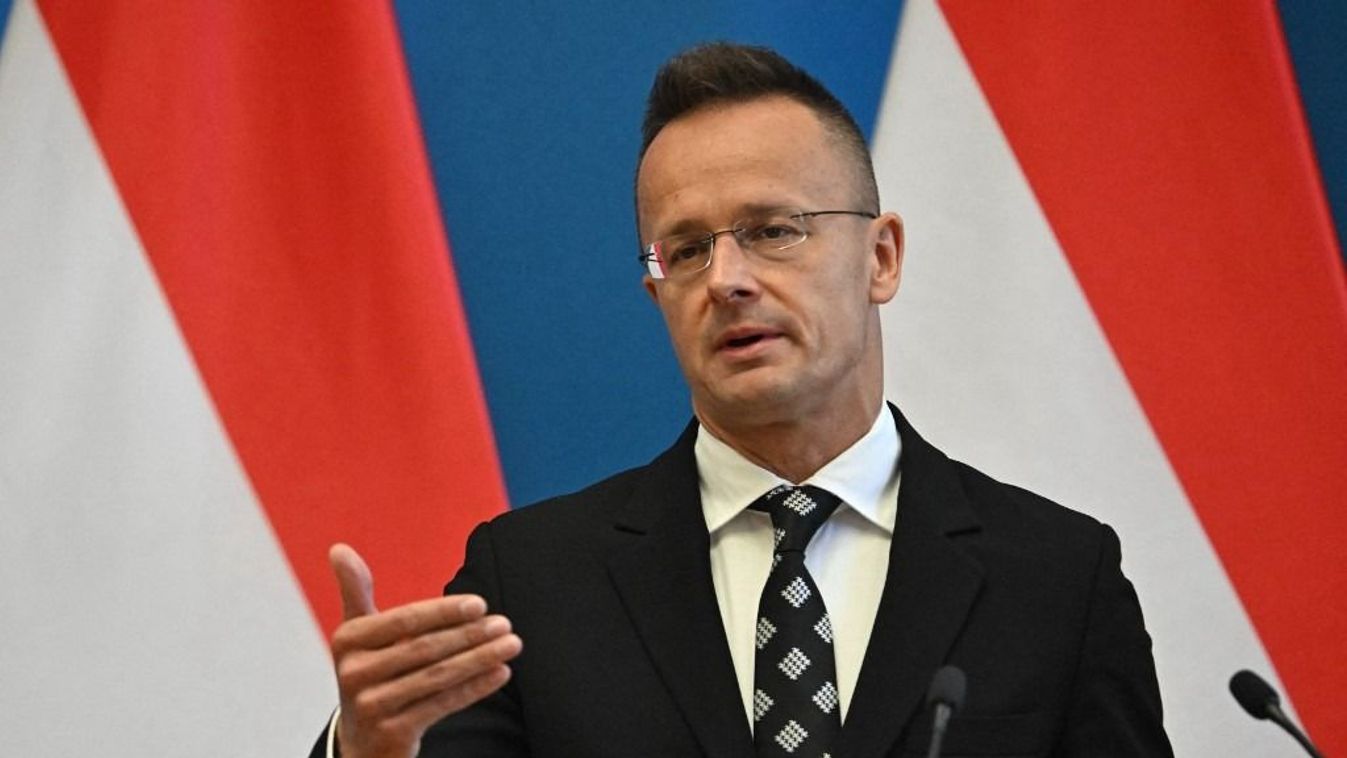


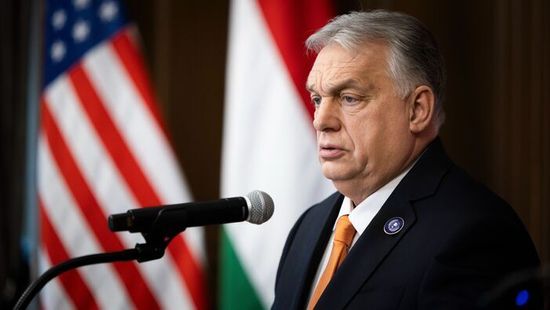



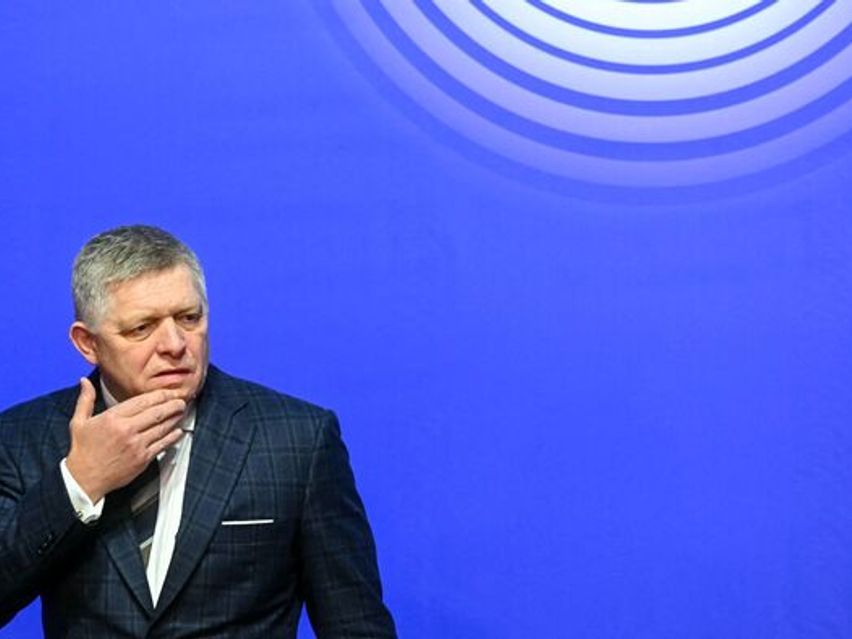
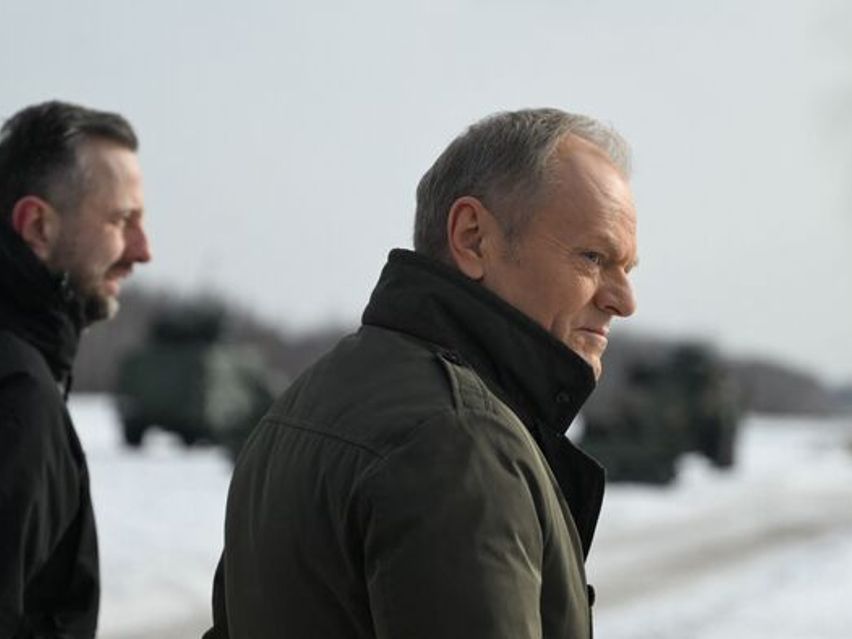



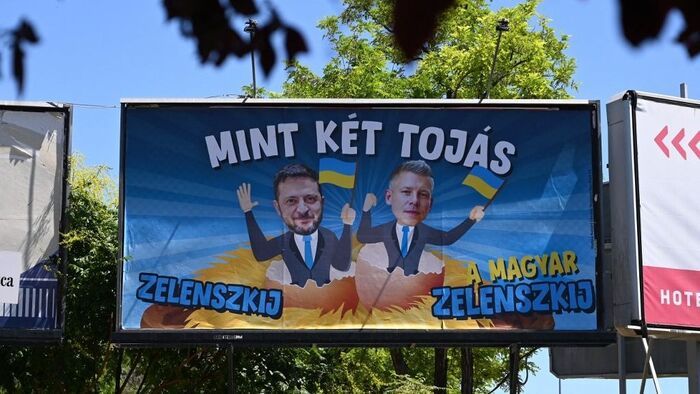

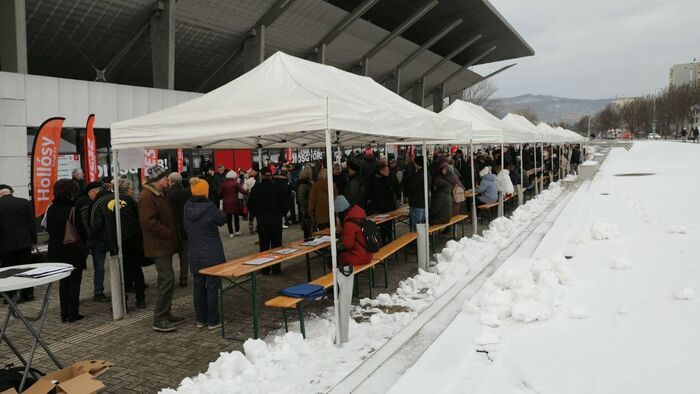
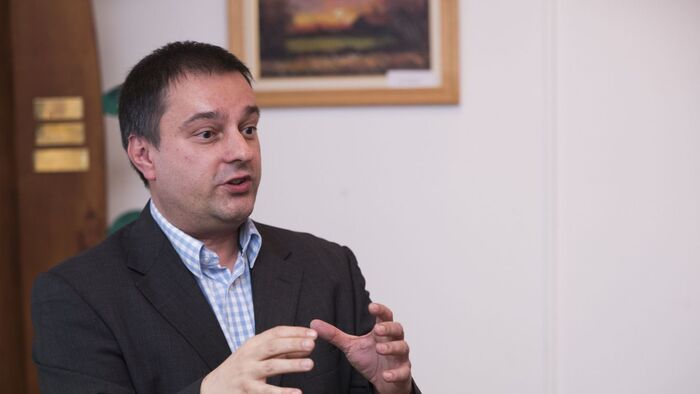
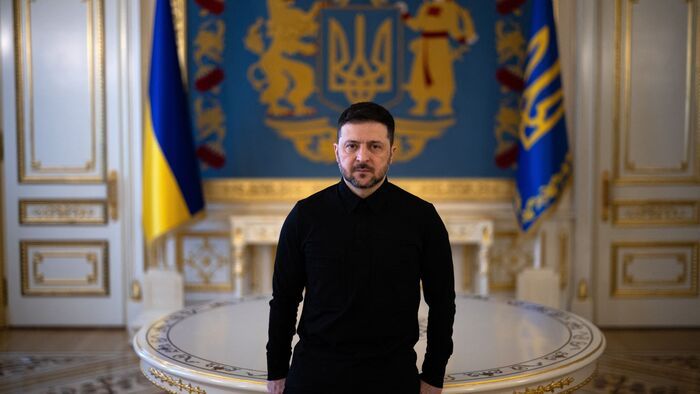
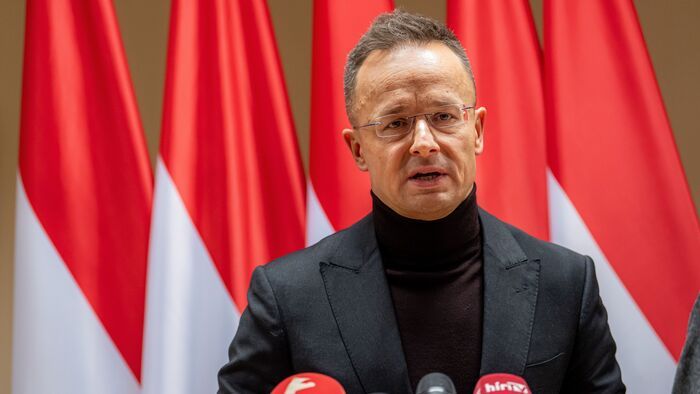
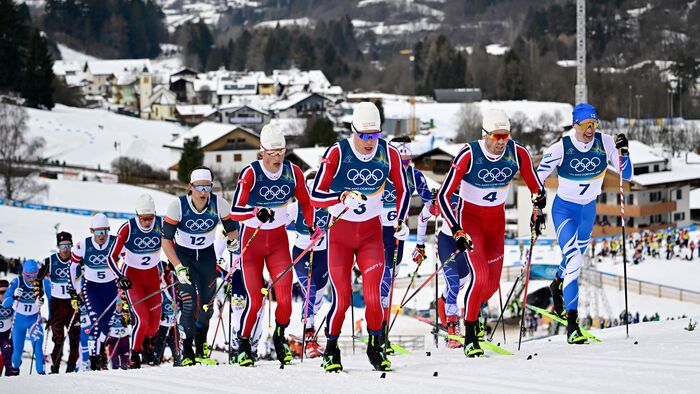



Szóljon hozzá!
Jelenleg csak a hozzászólások egy kis részét látja. Hozzászóláshoz és a további kommentek megtekintéséhez lépjen be, vagy regisztráljon!